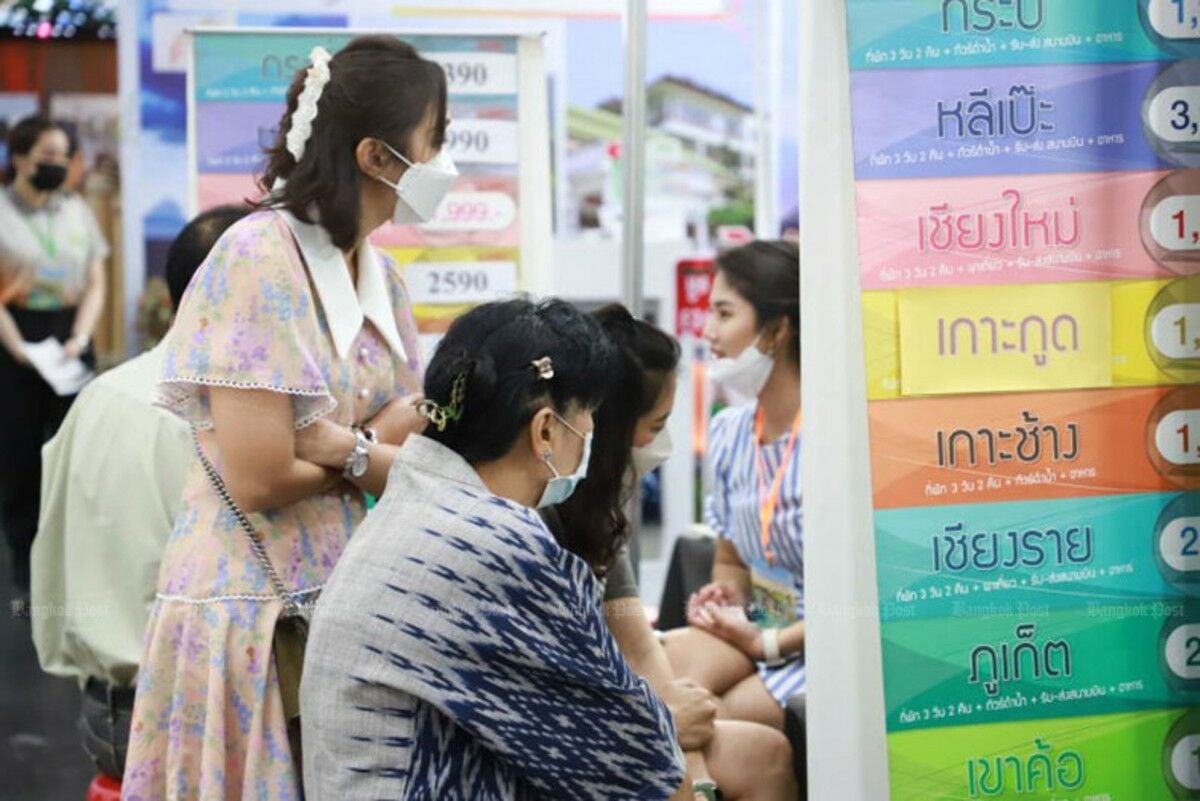Thailand’s 400-baht wage hike alarms small hotel owners

Hoteliers in Thailand express concern that raising the daily minimum wage to 400 baht exclusively for large employers could disrupt the job market in the hotel sector. This pay disparity may attract workers to larger hotels, leaving smaller establishments struggling to retain staff.
With Thailand’s tourism industry yet to fully rebound, industry leaders urge the government to focus on reducing other operational costs and introducing new initiatives to bolster demand.
“Applying the measure only to large hotels, which employ more than 200 workers, is unreasonable,” remarked Thienprasit Chaiyapatranun, president of the Thai Hotels Association (THA).
Labour Minister Phiphat Ratchakitprakarn recently proposed a nationwide daily wage increase to 400 baht starting October 1 for businesses with at least 200 employees. Currently, the minimum wage ranges from 330 to 370 baht depending on the province.
Thienprasit emphasised that while the wage hike aims to alleviate workers’ cost of living, implementing it solely for large hotels could lead to employees leaving smaller hotels for better-paying jobs at larger establishments. This move could be especially problematic in areas where both types of hotels coexist and living costs are uniform.
Typically, five- and six-star hotels already offer higher wages aligned with additional skills, such as language proficiency or more extensive experience.
Last April, the government initiated a pilot project to raise the minimum wage to 400 baht in selected provinces and industries, including four-star hotels and above in specific districts. Thienprasit criticised this approach, describing it as potentially discriminatory.
The THA president argued that the government should base the minimum wage on economic indicators like food prices, electricity costs, and inflation rather than electoral promises.
The Pheu Thai Party, which committed to raising the daily minimum wage to 400 baht within its first year and to 600 baht by 2027, made this a key election pledge.
According to Thienprasit, varying the wage increase by province would be more reasonable, as living costs and the pace of tourism recovery differ across regions.
Hotel costs
Morrakot Kuldilok, president of the eastern chapter of the THA, indicated that the new minimum wage could hike hotel costs by at least 10 to 15%. She pointed out that the requirement for companies with 200 or more employees would impact most hotels with 100 to 400 rooms, including three-star establishments and above.
As a result, hotels would likely need to increase wages for other positions beyond minimum-wage workers. Staff in roles such as front office and management would also expect pay rises. However, many hotels may find it challenging to afford these increases as they cannot raise room rates correspondingly.
“Hotels are labour-intensive; they can’t turn to machines to reduce costs.”
Morrakot suggested the government should implement other policies to lessen operational expenses. Recommendations include stabilising the prices of essential ingredients and electricity, offering tax incentives, increasing the meeting budget for the public sector, and boosting tourism demand to enhance revenue, reported Bangkok Post.
Latest Thailand News
Follow The Thaiger on Google News:


























